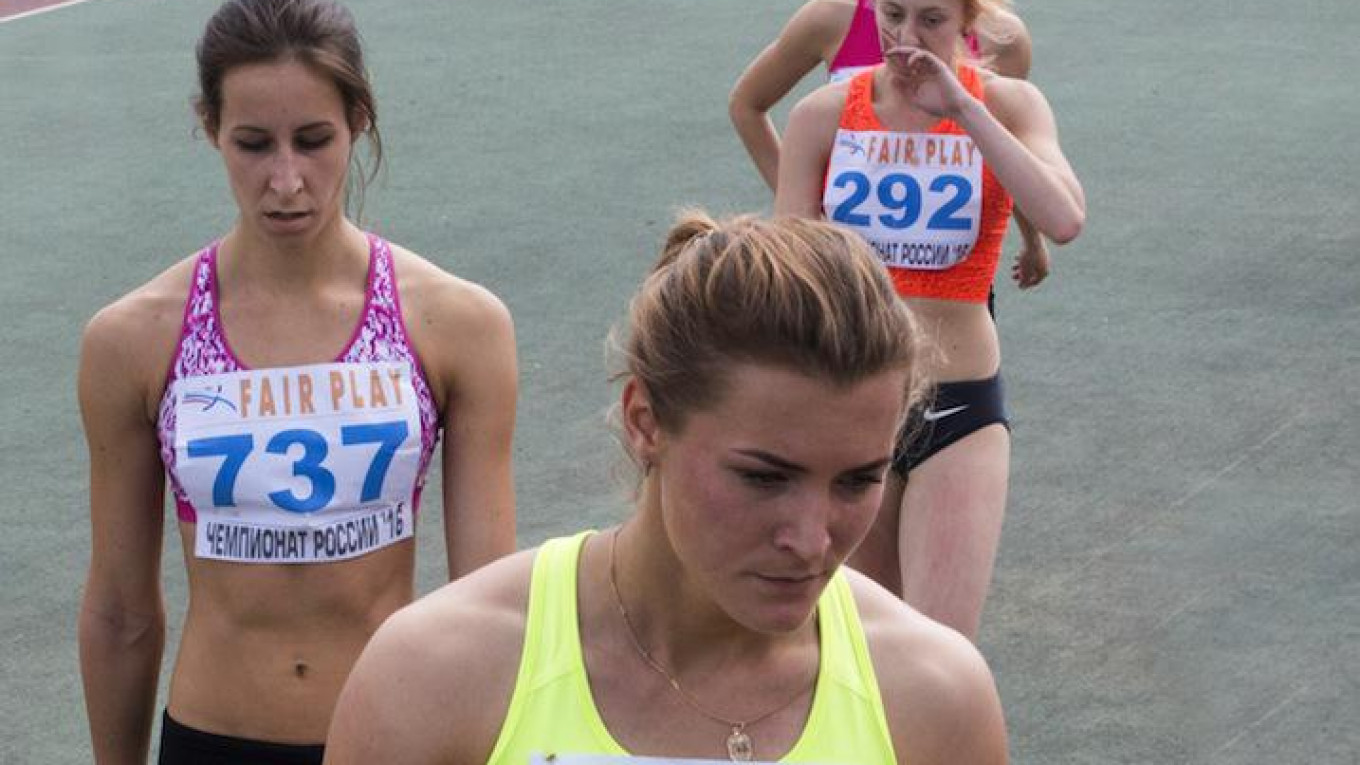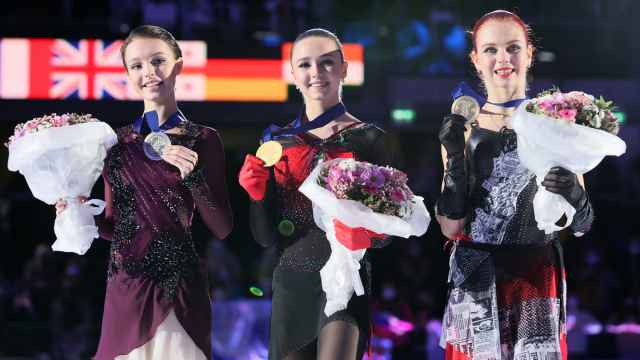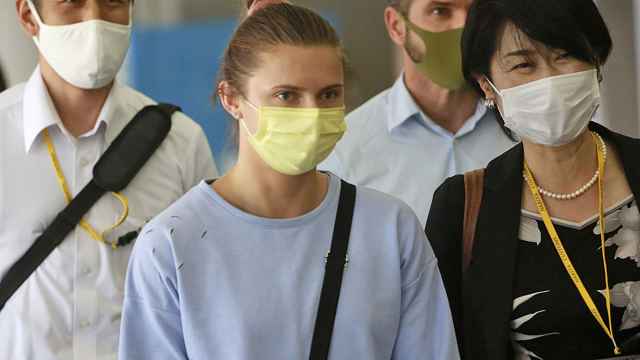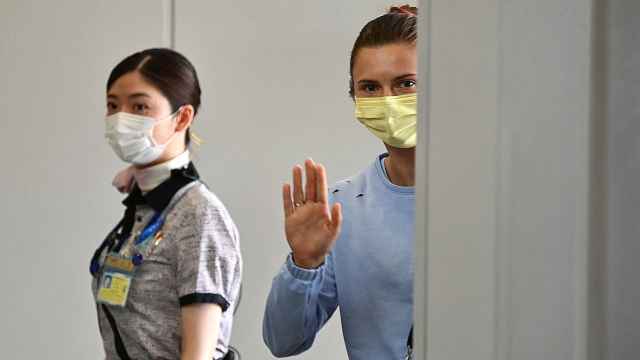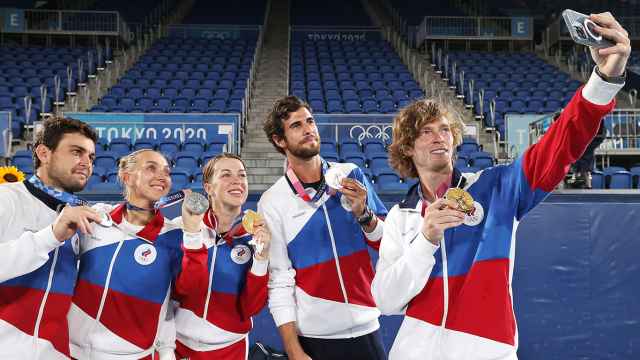Tension grows, as 15 days before the 2016 Rio Olympics it is still unclear how many Russian athletes will be allowed to compete. On Thursday it was announced that Russian track and fields athletes are not going to Rio when the Court of Arbitration for Sport (CAS) rejected their appeal over an imposed ban. All eyes are now on the International Olympic Committee (IOC), which earlier postponed its ruling on whether the entire Russian team should be banned from Rio until CAS delivered its verdict.
Kept in suspense, the Kremlin seems desperate to get the country’s national team to the Games. Some of its last-minute moves are aimed to show Russia is ready to comply with international rules. At the same time, it continues to blame foreign enemies for all of Russia’s ills.
On the eve of the historic decision, The Moscow Times looks at both these strategies.
Ready to Collaborate
The latest World Anti-Doping Agency (WADA) report, released on July 18, confirmed allegations of mass state-sponsored doping in Russian Olympic-level sport and made the Kremlin turn from blatantly denying any wrongdoing to trying to show it is willing to collaborate.
Right after the report was released, President Vladimir Putin promised to “temporarily suspend” sports and anti-doping officials mentioned in it. Six of them were dismissed the following day.
According to WADA, Sports Minister Vitaly Mutko must have been aware of the large-scale doping scheme. Kremlin spokesman Dmitry Peskov, however, insisted that Mutko was not named as an “executor” of the scheme, and so is not going anywhere.
Russian authorities also claim they are conducting their own investigation, under way for quite some time now. On July 18, Putin called for WADA to provide their findings and evidence to Russian investigators.
When in Doubt, Blame the West
In general, however, officials stick to a unusal tune. “It feels like this is part of a well-planned, biased campaign aimed at pushing Russian athletes out of the Rio Olympics,” Alexander Zhukov, president of the Russian Olympic Committee, said in a letter to IOC.
State-owned media followed a similar agenda. IOC and WADA are not independent organizations but “act on higher orders” (possibly from the White House itself).
Some political figures have already proposed leaving the international sports scene all together and creating an alternative one.
Yunus-bek Yevkurov, governor of Ingushetia, a region in the North Caucasus, suggested that Russia “demonstratively withdraw” from the Games and hope that other “friendly countries” would support the move. Yevkurov argued that it would be a “counter measure toward those who are trying to impose their will on us. Without Russia, the Olympic Games won’t be complete,” he said.
The flamboyant Orthodox priest Vsevolod Chaplin had other ideas. He suggested that Moscow should abandon the jurisdiction of IOC and form Russia’s own international governing body for sports. Writing for the pro-Kremlin media outlet LifeNews, he predicted that in this case the country’s “opponents” would plead for it to stay in the IOC, but Russia should not give in.
Fantasies aside, the situation looks far from promising for Russia. In addition to banning officials from the Rio Games, IOC urged international sports federations to withdraw all sporting events from the country.
The fate of the entire Russian team will be decided in the coming days.
A Message from The Moscow Times:
Dear readers,
We are facing unprecedented challenges. Russia's Prosecutor General's Office has designated The Moscow Times as an "undesirable" organization, criminalizing our work and putting our staff at risk of prosecution. This follows our earlier unjust labeling as a "foreign agent."
These actions are direct attempts to silence independent journalism in Russia. The authorities claim our work "discredits the decisions of the Russian leadership." We see things differently: we strive to provide accurate, unbiased reporting on Russia.
We, the journalists of The Moscow Times, refuse to be silenced. But to continue our work, we need your help.
Your support, no matter how small, makes a world of difference. If you can, please support us monthly starting from just $2. It's quick to set up, and every contribution makes a significant impact.
By supporting The Moscow Times, you're defending open, independent journalism in the face of repression. Thank you for standing with us.
Remind me later.


